Neutral platform to discuss issues
Marmara University provides various events and platforms to promote open dialogue and the expression of diverse perspectives. Through its research centers, conferences, and seminars, the university encourages academics, students, and participants from different sectors to exchange views on current issues. In these events, the principle of neutrality is emphasized, and a safe environment is provided to ensure that participants can express a range of opinions. Especially in fields such as civil society, law, and economics, conferences and panels are organized with participation from different political and social stakeholders.
This event focused on the Lausanne Peace Treaty, marking its centenary, and aimed to provide a critical perspective on the treaty from the viewpoint of its opponents. Scholars and experts gathered to analyze the historical, political, and social implications of the treaty, discussing its impact on Turkey and the wider region. The workshop offered a platform for in-depth discussions on the complexities surrounding the treaty, its negotiations, and its long-lasting effects on international relations.
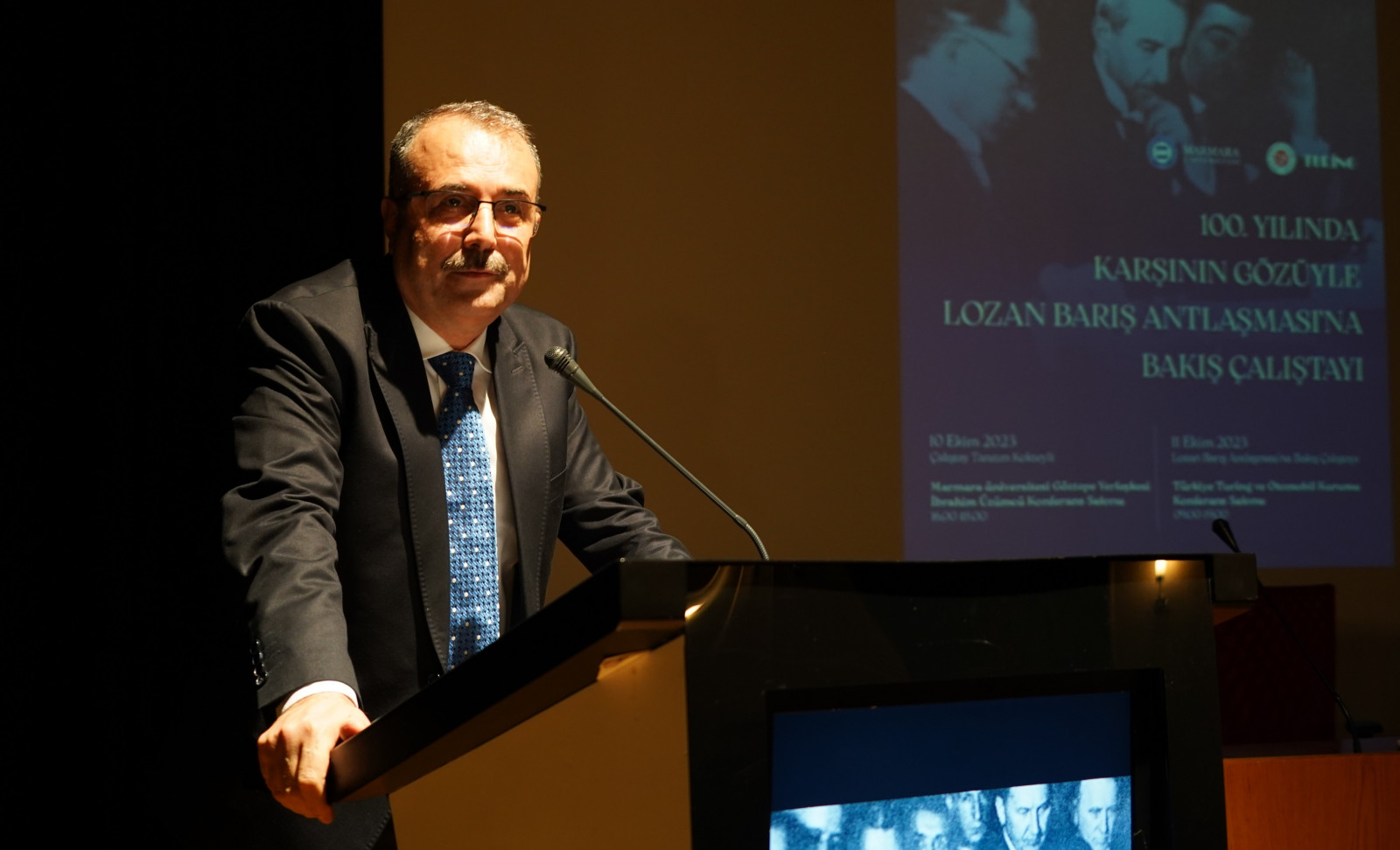
This panel focused on the complexities of the Israel issue from both regional and global perspectives. It brought together experts, scholars, and policymakers to discuss the historical, political, and social dimensions of the topic, examining how the situation impacts the broader Middle Eastern region as well as international relations. The event aimed to foster an in-depth dialogue on the geopolitical dynamics surrounding Israel and its influence on global political affairs.
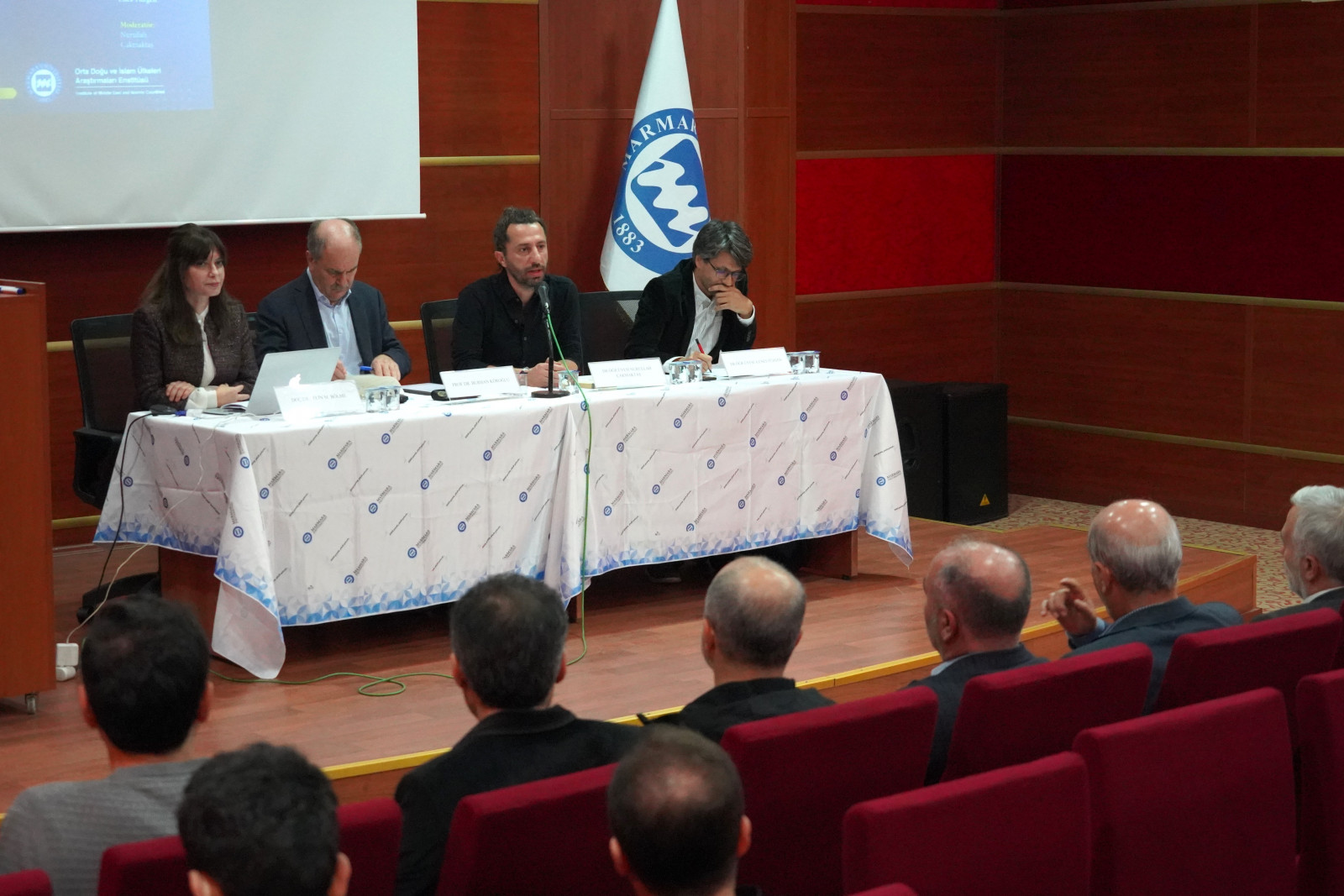
The seminar delved into the experiences and observations from Vietnam, focusing on the informal labor sector and how it was affected by the Covid-19 pandemic. Experts and scholars discussed the socio-economic challenges faced by informal workers during the pandemic and examined how these challenges reflect broader trends in Southeast Asia and beyond. The event aimed to shed light on the resilience and adaptability of informal labor in crisis situations, providing valuable insights for both regional and international audiences.

In the seminar, Marmara University Faculty of Humanities and Social Sciences, History Department Academic Member Prof. Dr. Yüksel Çelik shared the impressions he gained in Kazakhstan during his time as a faculty member at Ahmet Yesevi University between 2019-2021 with the participants, accompanied by various visuals. Faculty of Humanities and Social Sciences, History Department, Modern History Department Academic Member Prof. Dr. Murat Uluskan briefly explained his trip to Russia, which he carried out within the framework of the Erasmus program between June 18-24, 2023, and the activities he carried out at Moscow State University. The event ended with the presentation of gifts and a photo shoot.
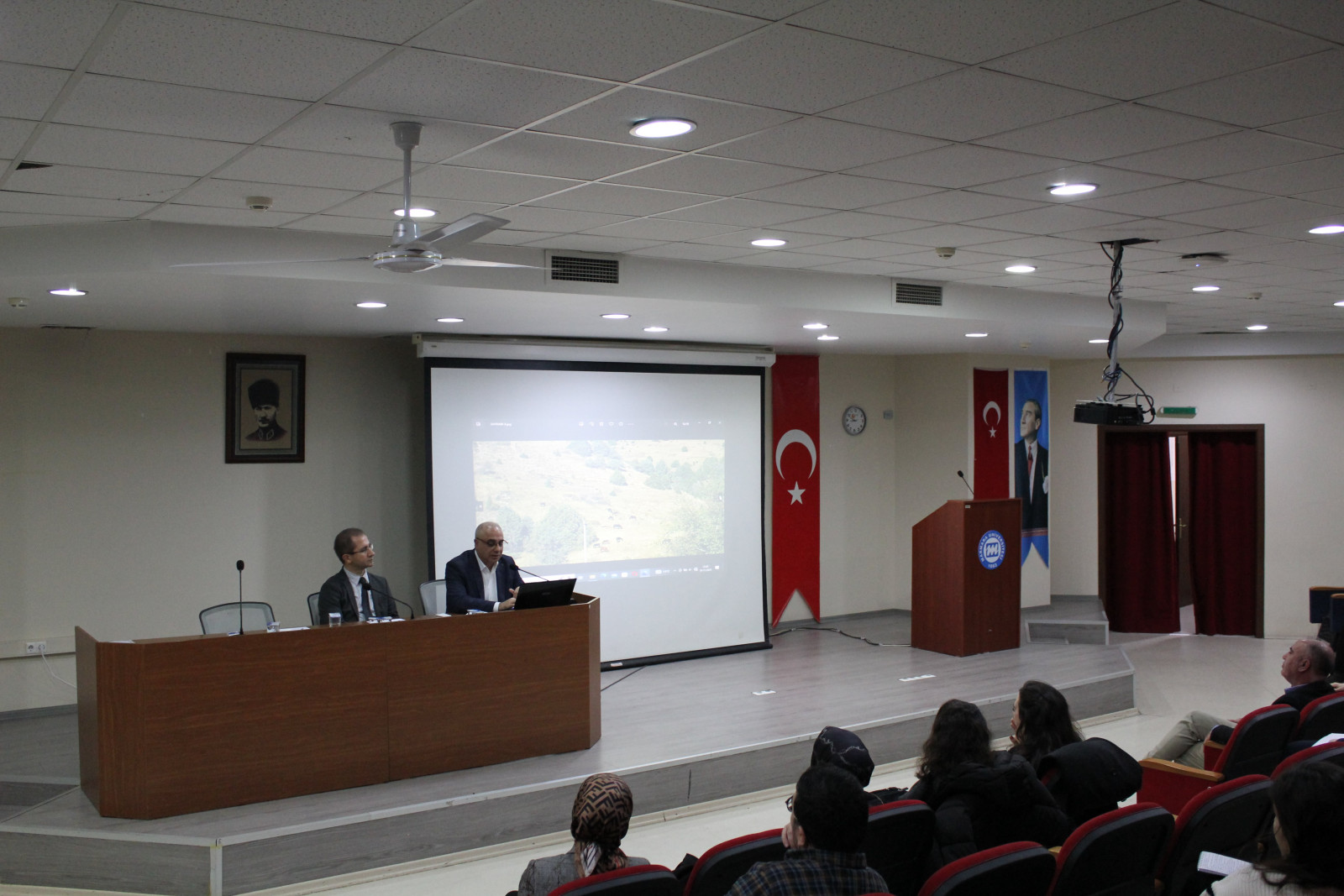
The session began with opening remarks by Career Center Coordinator Prof. Dr. Berat Bir and TESAM Vice President Dr. Yıldırım Deniz. Former Minister of Culture Namık Kemal Zeybek presented on "Turkic Identity in the World and the Realities of Ötüken," offering deep insights into historical and cultural perspectives. Following this, TESAM President Dr. İlyas Bozkurt discussed "Leadership from Past to Present," exploring the evolution of leadership concepts over time.
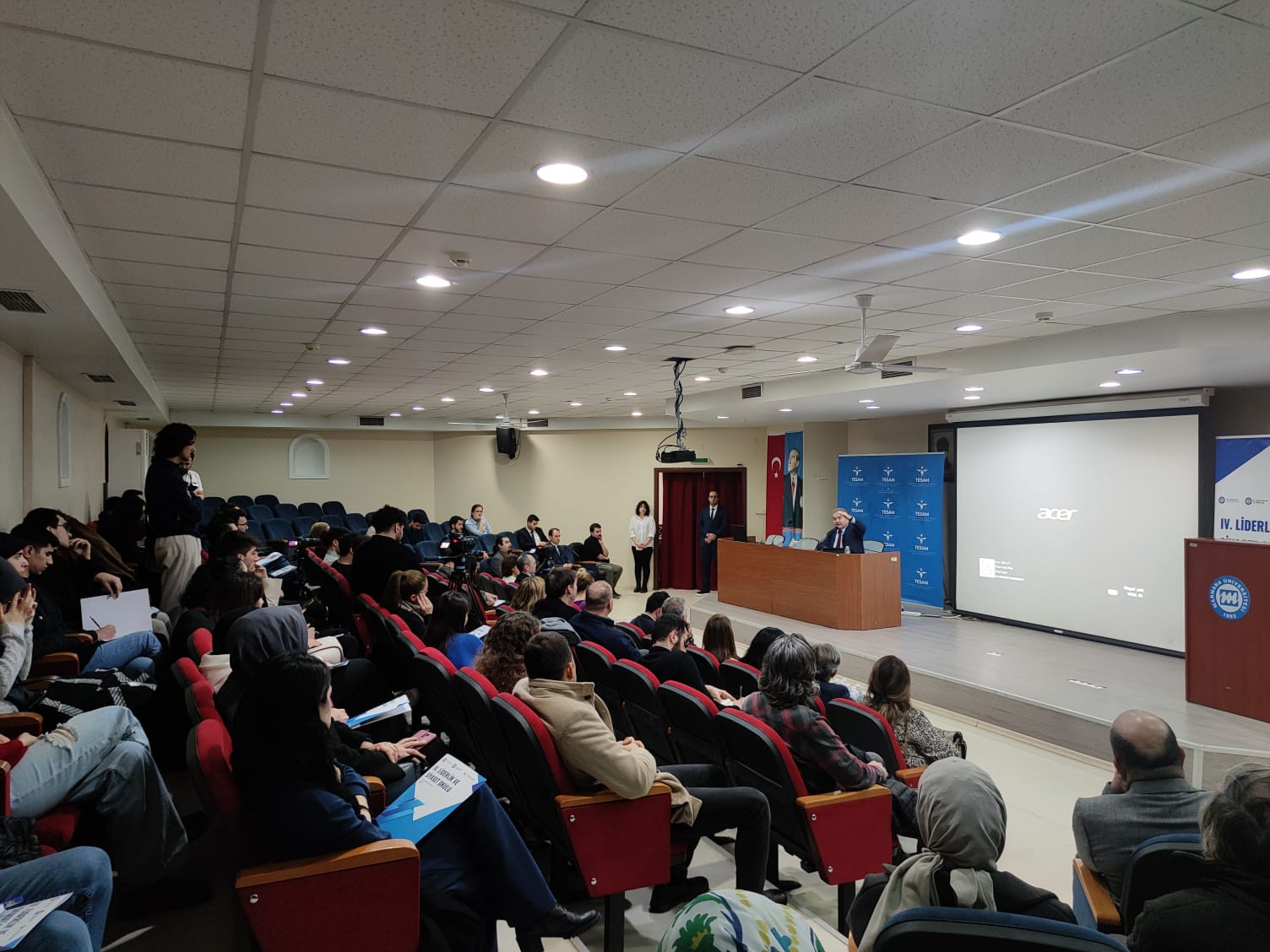
This conference brought together scholars, policymakers, and experts to discuss the historical connections and future prospects between the Balkans and Europe. Participants examined cultural, political, and economic ties, as well as the challenges and opportunities for deeper integration and cooperation. The discussions aimed to promote a better understanding of the region’s role within Europe and explored pathways toward a collaborative future. The event provided a valuable platform for dialogue on building stronger relationships rooted in a shared heritage and common aspirations.
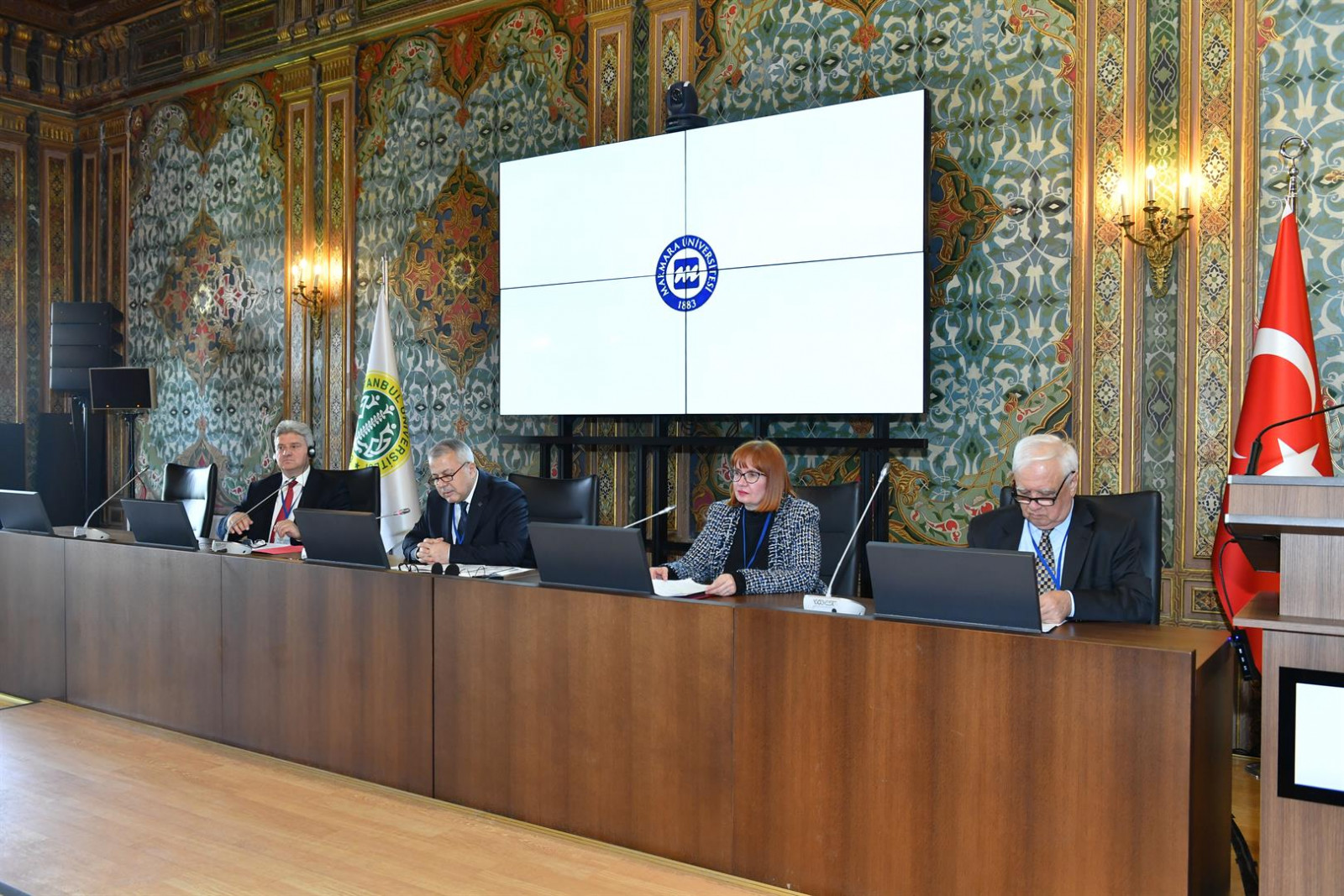
This congress brings together scholars and researchers to discuss topics related to Turkish German studies, including language, literature, cultural exchange, and the relationship between Turkish and German-speaking communities. Hosted by Marmara University, the event serves as a platform for academic dialogue, fostering collaborations and new insights in the field of Germanistics. The congress offers participants the opportunity to share their research and explore the evolving dynamics of Turkish-German cultural and linguistic connections.
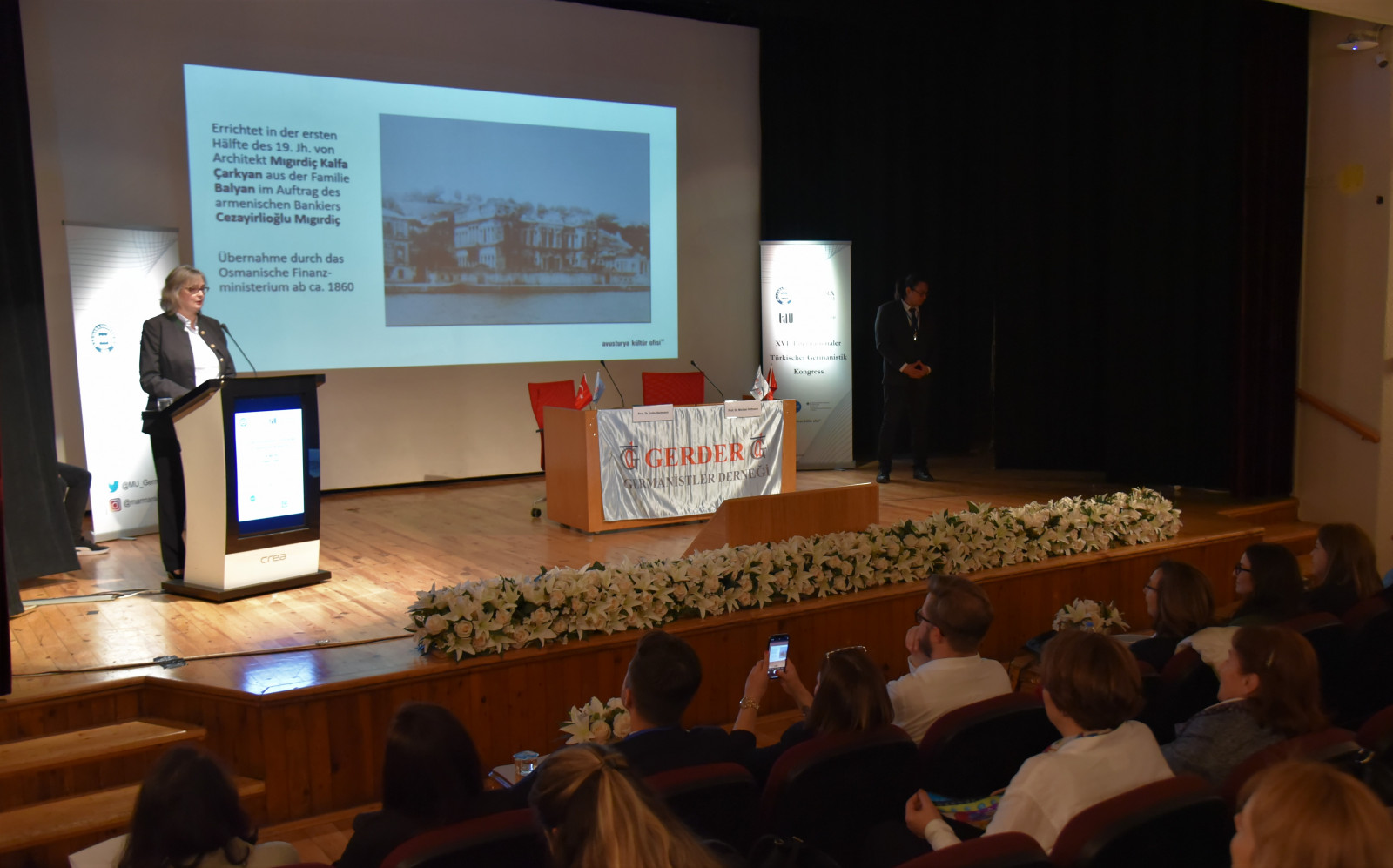
The panel, lasting approximately two hours, addressed contemporary Turkey-Azerbaijan relations, events before and after the Second Nagorno-Karabakh War, Turkish studies in Azerbaijan, and pedagogical activities. During the discussion, the unwavering solidarity between the two brotherly countries, Turkey and Azerbaijan, was emphasized, highlighting that they will always stand by each other under all circumstances. The panel underscored the importance of cultural, academic, and political cooperation between the two nations, reinforcing their strong ties and mutual support in various fields.
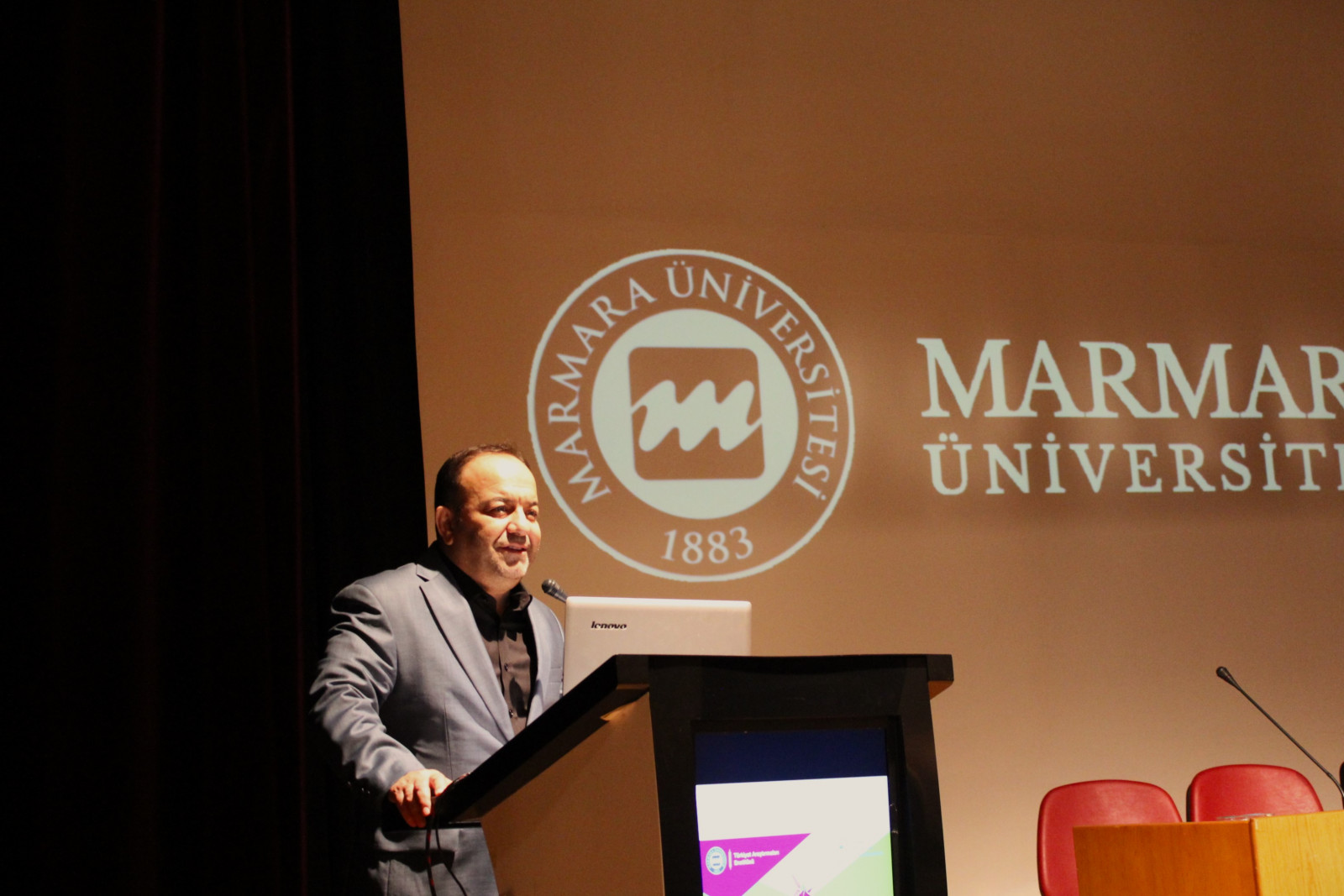
The workshop focused on the historical, geopolitical, and cultural significance of the Zangezur region, exploring its strategic importance and the dynamics surrounding its current and future role in regional and international relations. Experts and scholars from various disciplines gathered to discuss the complex history of Zangezur, its role in the South Caucasus, and the impact of regional conflicts. The event provided a platform for in-depth analysis and dialogue on the challenges and opportunities related to the Zangezur region, fostering a better understanding of its significance in the broader context of international politics and regional cooperation.
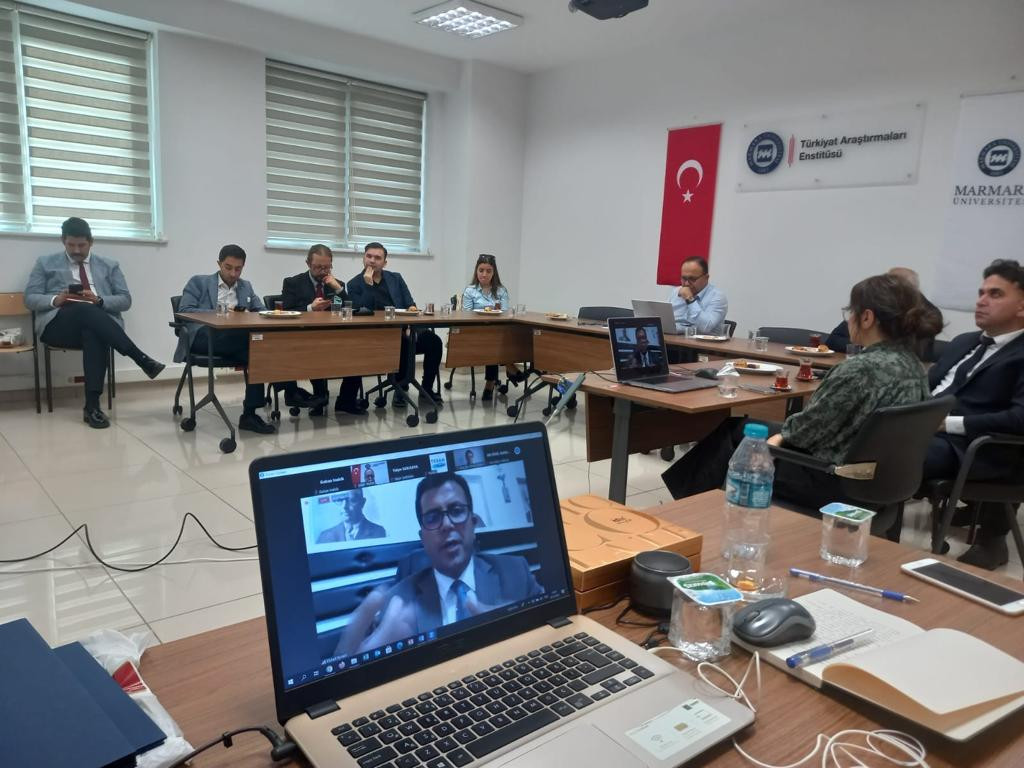
This page updated by Sürdürülebilirlik on 16.10.2025 09:42:35
